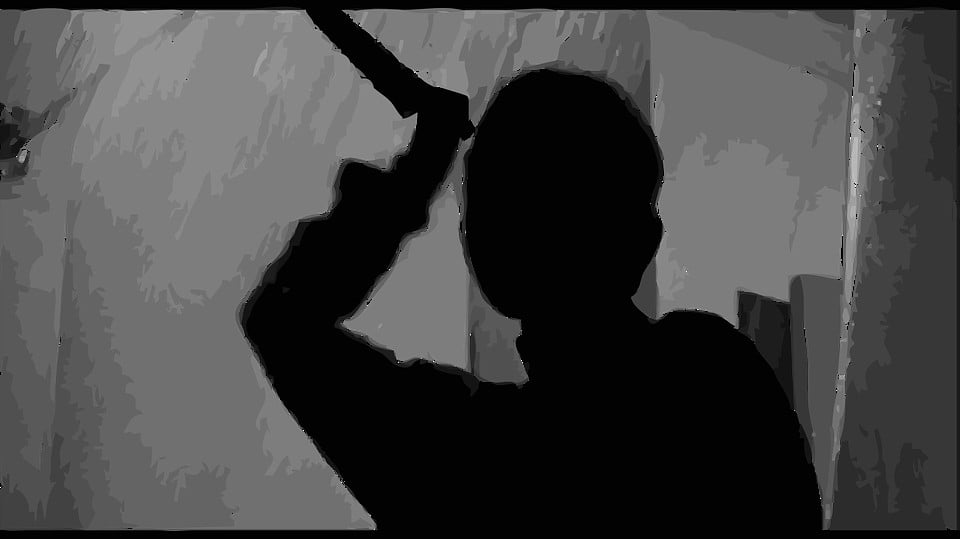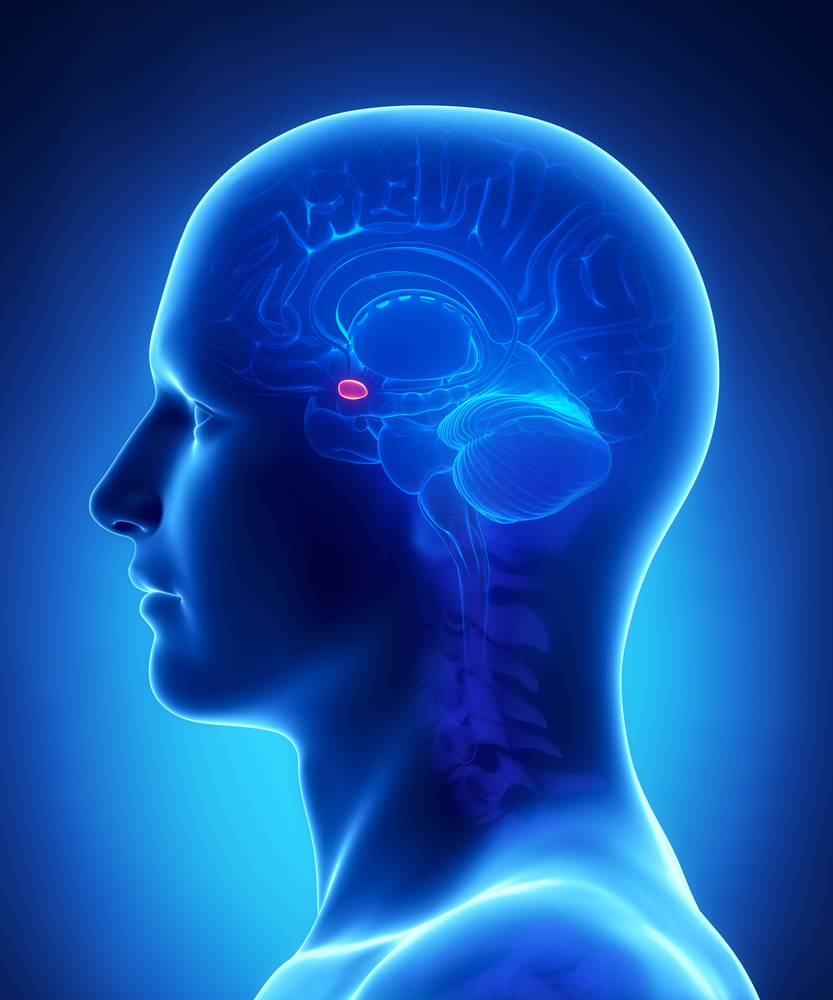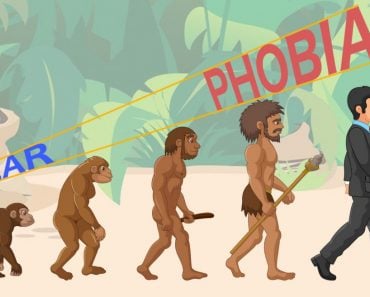Table of Contents (click to expand)
The response is varied, but there is some evidence that watching horror films can help a person get over their fears.
We humans have an interesting relationship with the genre of horror. Our oral traditions and mythologies often speak of noble heroes fighting against demonic monsters to save the world, or of women killing their children and haunting the tragic town (La Llorona).

Horror first became a marketable mainstream genre through Gothic novels like Frankenstein, Jekyll and Hyde, and Dracula. The first horror film in history is the French film Le Manoir du Diable (The Haunted Castle) made by Georges Méliès’ in 1896. Since then, scaring people has become an art form in its own right and a very lucrative industry. It made Stephen King a millionaire, but he’s far from the only one.
However, does watching these scary movies really give you, as an audience member, any real benefit? Like your body remembering a bacterial infection and gaining immunity, does the brain attain immunity from scary things by watching them? To answer this, we first need to understand how the brain responds to horror.
Recommended Video for you:
Your Brain On Horror
The best horror films are those that target deep psychological insecurities of society. If these movies were about things that are completely unrealistic, your brain wouldn’t perceive any threat. Horror movies—at least good ones—manage to tell the brain ‘this could happen in real life so you better be scared out of your minds because this demonically possessed kindergartener is going to come after you!’
One of the regions in your brain involved in processing these threats is the amygdala.

This small almond-shaped cluster of nuclei (many neurons clustered together) in the brain deals with the primal fears that humans have and display. The amygdala, obviously, doesn’t work alone. It talks intensely to two other brain regions–the hypothalamus and hippocampus. The hypothalamus is responsible for making us respond to these fears in the way our cavemen brains would want us to… by screaming and trying to run away.
The amygdala activates the sympathetic nervous system through the hypothalamus (HPA axis), which then tells our adrenal glands to secrete the famous fight-or-flight hormone ADRENALINE (also known as epinephrine). Adrenaline, once in your bloodstream, causes your body to feel fear, consisting of an increased heart rate, sweating (palms become clammy), dry mouth, deeper breathing and increased blood flow to the skeletal muscles. This is why you jump, scream or become more agile when watching a horror film, as your brain is telling your body to get out of there—and fast!

The other brain region, the hippocampus, is involved in giving context to your brain. It ensures that you know you’re only watching a movie and that none of this can actually harm you in real life.
Does Horror Give The Brain Immunity Against Scary Things?
The jury is still out on this. There is little evidence that watching horror films makes you better equipped to deal with real-life scary situations. However, the hyper-vigilant state one experiences after watching a horror film could be beneficial in terms of staying away from similar scary situations. Even so, little conclusive research has been done to confirm or deny this claim.
On the other hand, there is some evidence that watching horror movies can help you get over your fears.

Distress Tolerance
Exposure-based treatments build up something known as distress tolerance. Distress tolerance consists of developing the ability to not have a heightened fear response to a phobia by repeatedly interacting with that fear-inducing object. Exposure-based treatments are used for many phobias that people have; this can apply to horror films as well. A phobia of horror films or a certain aspect of horror films can be dulled by repeated exposure to it. This tells your body that the thing scaring you will not actually cause any harm.
There is a good amount of research indicating that watching a scary movie can be beneficial to the brain when it comes to coping with other stressors. Some people have reported that watching horror allows them to cope with anxiety, as it gives them an adrenaline rush, which relieves the anxious symptoms.
The response is certainly varied, but there is some intriguing evidence showing that watching horror films can help you conquer your fears!
Conclusion
Each person has a different response to horror films. Some get a thrill, while it is nothing short of torture for others. It all depends on the individual brains and their ability to process fear. As a result, watching horror films can be equated to sharpening how you deal with fear and scary situations.
Although monsters don’t really exist, we experience the same physiological response from horror movies as we do at the thought of taking a hard exam! Maybe, when the zombie apocalypse comes, all the horror lovers will know exactly what to do and will finally have their heroic day in the sun!













